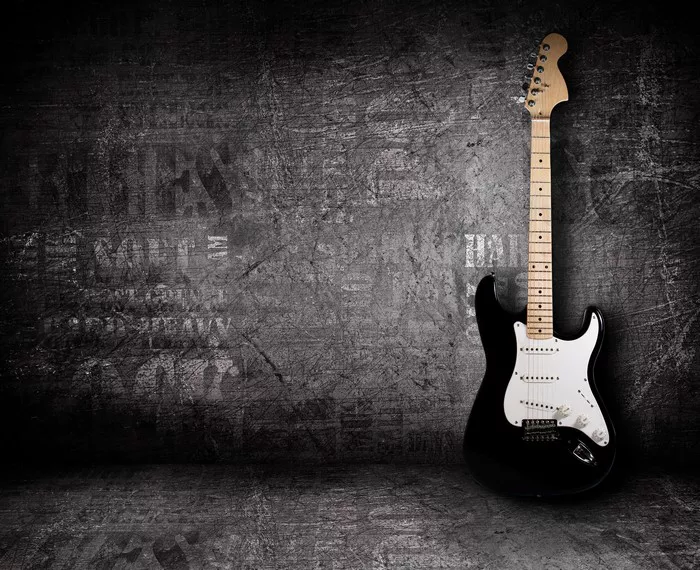Modern rock music is a dynamic and ever-evolving genre that has left an indelible mark on the music industry. Often considered a specific subgenre of alternative rock, modern rock has undergone significant transformations, transitioning from its classic era to the contemporary alternative rock format that defines it today. This article delves deeper into the characteristics, evolution, and relevance of modern rock, exploring its roots, significant milestones, and its enduring impact on the current musical landscape.
I. The Birth of Modern Rock
The emergence of modern rock can be traced back to the late 20th century, a period when it began to carve out its unique identity within the broader rock music scene. This genre is characterized by its ability to blend elements from various rock subgenres, including alternative, punk, post-punk, and new wave. This fusion resulted in a distinct sound that stood apart from the traditional rock styles of its time, signaling the birth of a new era in the world of music.
II. Classic Modern Rock Era
The classic modern rock era, which thrived during the 1980s and 1990s, stands as a transformative period in the genre’s history. This era witnessed the rise of iconic bands that played a pivotal role in shaping the genre’s identity. Artists like R.E.M., The Cure, The Smiths, and U2 exemplified the spirit of classic modern rock, with their innovative soundscapes, introspective lyrics, and a bold departure from the mainstream rock norms. This period not only introduced a new wave of music but also challenged the conventions of the industry.
III. The Transition to Contemporary Alternative Rock
The transition from classic modern rock to contemporary alternative rock marked a significant shift in the genre’s trajectory. This evolution was driven by a multitude of factors, including the changing dynamics of the music industry, the rise of digital platforms, and a broader spectrum of influences from diverse musical genres. The contemporary alternative rock format expanded the boundaries of the genre, embracing a wider range of musical styles while still maintaining the rebellious and experimental spirit that has always defined modern rock.
IV. Characteristics of Modern Rock
Modern rock, as it exists today, showcases a plethora of characteristics that make it a distinct and vibrant force within the alternative rock landscape. It often combines melodic hooks, introspective lyrics, and a willingness to explore unconventional themes and musical structures. The genre’s embrace of diversity and experimentation allows it to incorporate elements from indie rock, electronic music, and even pop sensibilities, creating a dynamic sound that resonates with a diverse and discerning audience.
V. The Continuing Relevance of Modern Rock
Despite the ever-changing musical landscape, modern rock remains remarkably relevant and influential. It continues to produce groundbreaking artists and bands that challenge norms and redefine the genre’s boundaries. With its open-minded approach to music, modern rock serves as a platform for emerging talents to experiment, innovate, and connect with listeners who seek an alternative to mainstream offerings. The genre’s enduring appeal lies in its ability to capture the spirit of the times while maintaining a timeless quality that speaks to the core of human experiences.
VI. The Legacy and Future of Modern Rock
As modern rock evolves, it carries with it a rich legacy of artistic expression and a commitment to pushing the boundaries of what rock music can be. Its future is bright, with a new generation of artists continuing to shape the genre while remaining rooted in the rebellious spirit that has defined modern rock from its inception. As long as there are musicians who seek to challenge the status quo and express their unique perspectives, modern rock will remain a vital and dynamic force in the world of music.
Conclusion: A Dynamic Evolution
Modern rock’s journey, from its classic era to the contemporary alternative rock format, reflects the genre’s ability to adapt, evolve, and remain a powerful force in the music industry. With its diverse influences, innovative spirit, and commitment to pushing boundaries, modern rock continues to resonate with audiences, making it an essential part of the ever-changing musical landscape. Its impact reaches far beyond the confines of specific eras, and as long as there is a hunger for authentic and groundbreaking music, modern rock will find its place in the hearts and souls of music enthusiasts worldwide.

